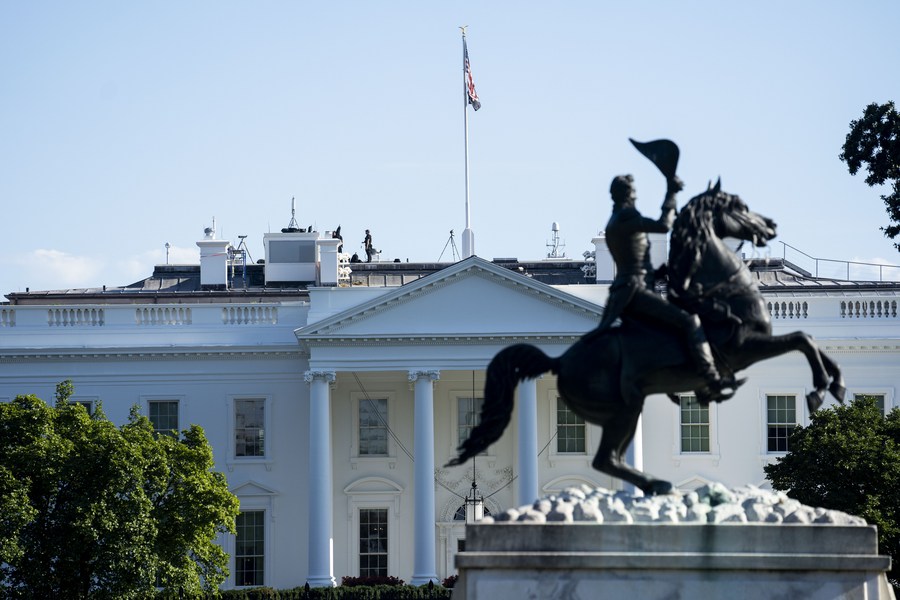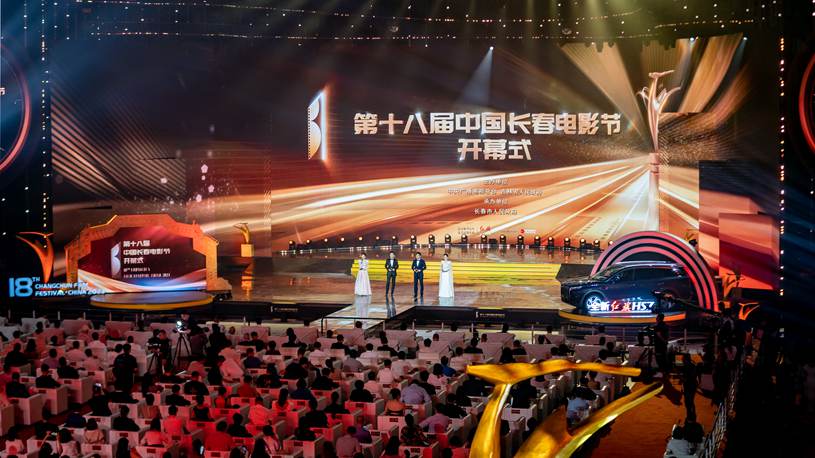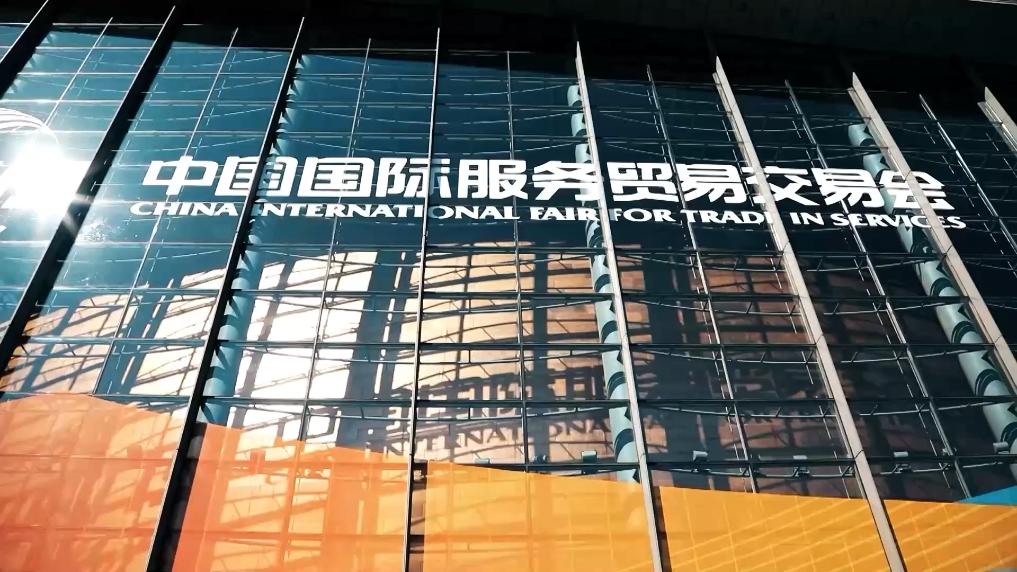
Photo taken on Aug. 16, 2022 shows the White House in Washington, D.C., the United States. (Xinhua/Liu Jie)
The world has entered a new phase of turbulence and change. China and America need to work in solidarity against daunting challenges such as sluggish economic recovery, weak and interrupted trade, financial instability, climate change and mounting debt.
BEIJING, Aug. 31 (Xinhua) -- During U.S. Secretary of Commerce Gina Raimondo's four-day visit to China, the two sides announced the establishment of new communication channels, a working group to iron out various trade disputes, and an export control information exchange to explain export curb reasons to each other.
They also agreed to maintain regular communication, meeting at least once a year, thus keeping the door open for further negotiation and cooperation.
Raimondo's visit, following a series of visits of U.S. Secretary of State Antony Blinken, U.S. Treasury Secretary Janet Yellen and U.S. climate envoy John Kerry, has been widely regarded as an "ice-thawing" trip for China-U.S. relations which had hit rock bottom.
Prior to the visit, Washington had removed 27 Chinese entities from its Unverified List, a step applauded by the Chinese side.
The gesture shows that America has been reassessing its detrimental China strategy. Just as SkyBridge Capital founder Anthony Scaramucci said, regardless of whether the United States wants it or not, China has already become the world's top manufacturing country, and it's impossible for the U.S. enterprises to rearrange their locations in the short term.
The United States, he noted, should realize that China's rise is beneficial to the world -- reducing poverty population, enhancing global interdependence, and making the world more peaceful and prosperous.
That said, taking China as the "enemy" and imposing a lengthy list of sanctions against China is neither rational nor beneficial to U.S. employment and its consumers' welfare from the international trade perspective.
It is also Washington's wishful thinking to decouple from China as the global economy has become so deeply intertwined.
America's imports from China shrank after the tariffs and sanctions were introduced five years ago -- the U.S. efforts to shift trade to its allies had some results. However, trade between U.S. allies and China is rising, "suggesting that they are often acting as packaging hubs for what, in effect, remain Chinese goods," said British weekly The Economist.
As for Washington's chokehold on semiconductors, processor chips, AI and quantum computing protection citing so-called national security concerns, the short-sighted move will only incentivize China's technology industry to form a sense of responsibility and urgency to achieve self-reliance at an early date.
The world has entered a new phase of turbulence and change. China and America need to work in solidarity against daunting challenges such as sluggish economic recovery, weak and interrupted trade, financial instability, climate change and mounting debt. As Chinese Ambassador to the United States Xie Feng put it, the two sides should work in the same direction and lengthen the list of cooperation and shorten the negative list to stabilize China-U.S. relations, thereby joining hands to properly address such global issues.
During talks with Chinese Premier Li Qiang, Raimondo voiced Washington's willingness to strengthen cooperation with China on artificial intelligence, climate change, and combating fentanyl. She also reiterated the pledge that the U.S. does not seek to decouple from China or hold China's economy back.
The time is ripe for the U.S. side to live up to its words.■












